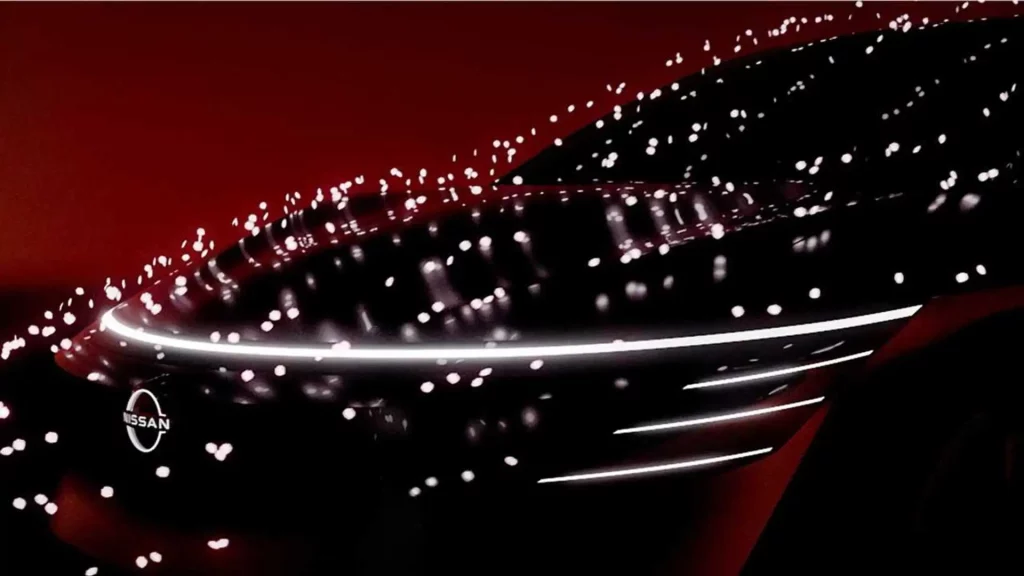Nissan is a renowned Japanese automobile manufacturer known for its innovative and reliable vehicles. With a rich history spanning over eight decades, Nissan has established itself as a global leader in the automotive industry. The company’s plant in Mississippi is undergoing a remarkable transformation, with a $500 million investment to turn it into the North American hub for electric vehicle (EV) production. Since its opening in 2003, the plant has manufactured over 5 million gasoline-powered vehicles, but now, it is being retooled to build EVs. By the mid-2020s, Nissan plans to commence production of several battery-electric vehicles for both its Nissan and Infiniti brands.
Canton will receive all the new technology for Nissan’s Vehicles in the next five or six years
David Johnson, Nissan North America’s production and engineering boss, expressed the company’s vision for the Canton facility, stating, “Canton will be North America’s electrification hub for the next five to six years. That’s where we’re going to bring in the new platforms, the new technology.” This strategic move aligns with Nissan’s extensive experience in EV manufacturing, leveraging insights gained from the successful launch of the Leaf hatchback over a decade ago.

The EVs to be produced in Canton will feature advanced technology, next-gen connectivity features, and a competitive design. Initially, the plant will continue manufacturing gas-powered Altima sedans alongside EVs on one of its assembly lines. The supplier production schedule indicates that the first EVs from Canton will be two electric sedans in 2026, followed by two electric crossovers in 2027 and 2028.
To facilitate the production of these new EV models, the plant will undergo expansion to accommodate battery pack assembly and other component manufacturing. While specific plans for fully transitioning the Canton facility to all-electric production are undisclosed, Johnson stated, “All new product… that I’ve got visibility to right now in the Canton plant is EV.” This indicates a significant shift towards EVs in the plant’s future. The market may be getting saturated with electric vehicles, but in the longer run, it shows a lot of promise as brands shift towards greener options.
RELATED:
- Nissan and Renault Unveil $600 Million Investment in India for Six New Models
- Electric Vehicle Market is showing signs of Saturation, Volkswagen Group China CEO Says
- Best Budget Tablets of 2023 – Xiaomi, Lenovo, Nokia
(Via)






